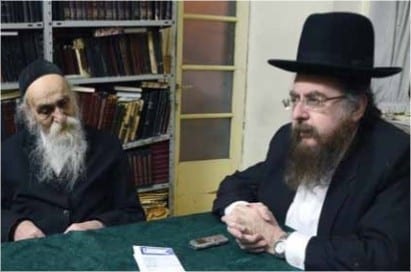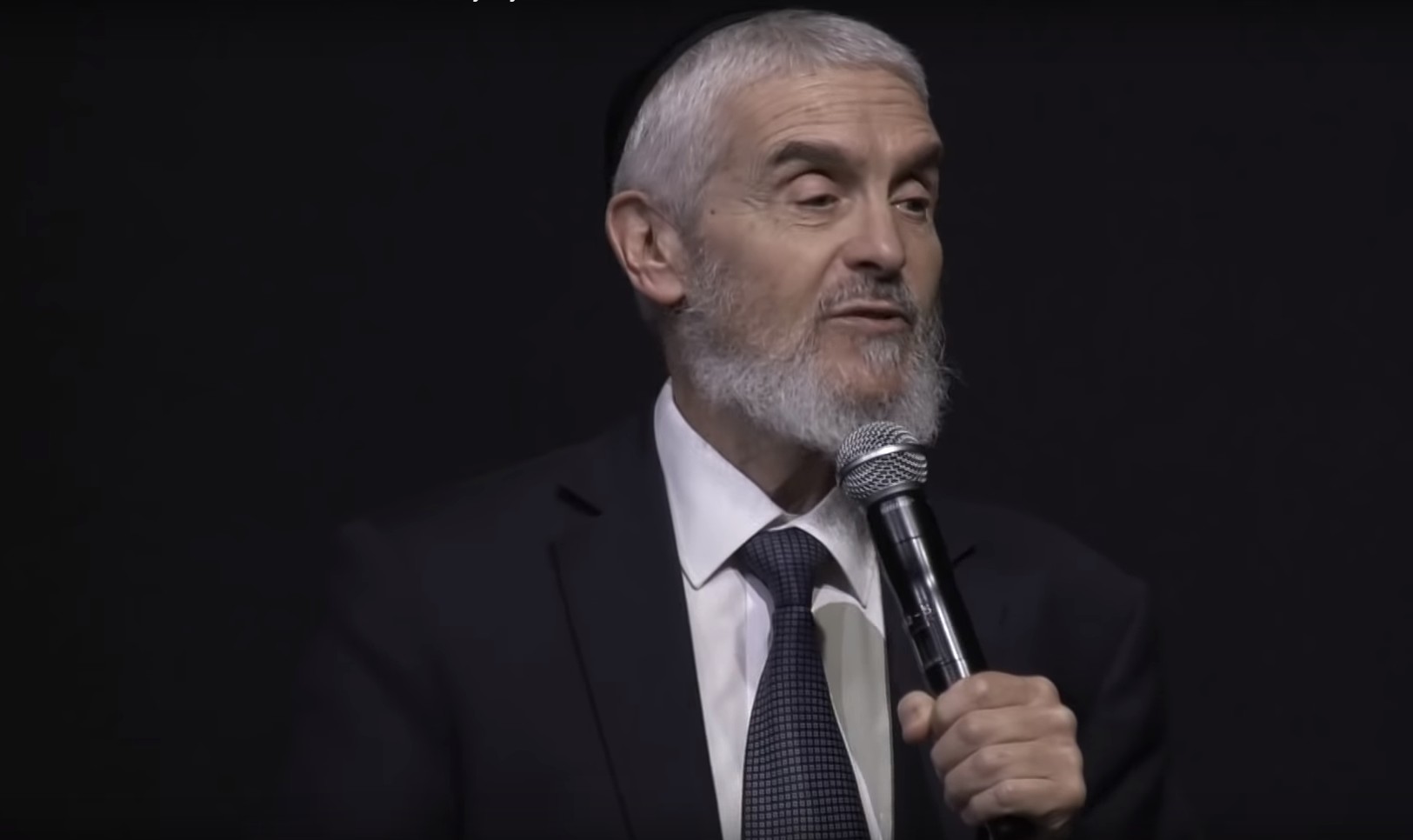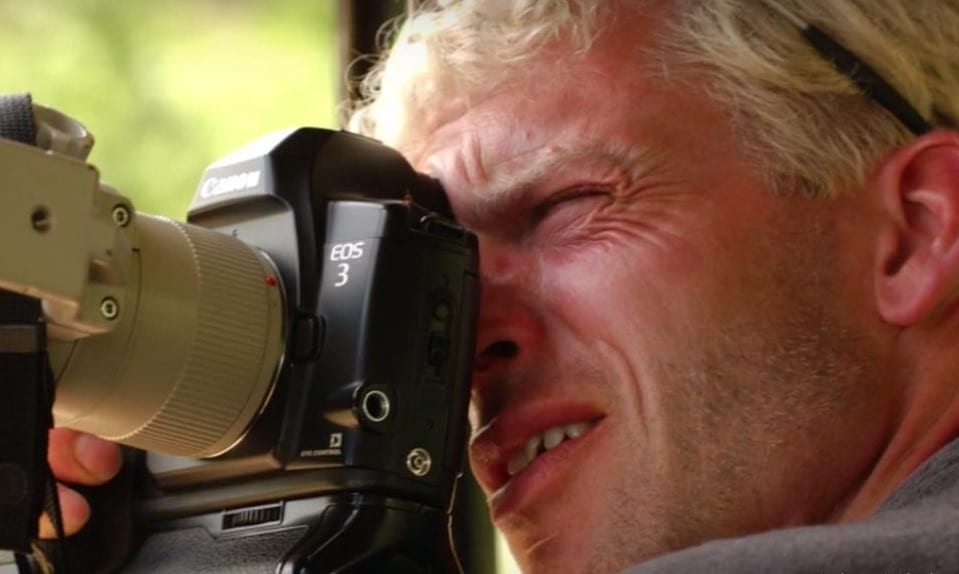When my husband, shlita, was a child, the bedtime stories with which he was lulled to sleep were those of his illustrious ancestors, who rocked the Jewish world with their saintliness and piety. One notable story involved Reb Mottele Hornesteipler, my husband’s great-grandfather. One time when Reb Mottele was only nine years old, a chasid came seeking the Rebbe’s (Reb Mottele’s grandfather’s) intervention regarding a great misfortune that threatened his life. The Rebbe, however, was traveling and was not at home. The Rebbetzin, Reb Mottele’s grandmother, pointed the chasid in her grandson’s direction, suggesting that in the Rebbe’s absence her little Mottele could be helpful. Predictably, the child insisted that he was not in a position to render any assistance, citing his tender age, but the man would not be put off. “If you really are unable to help me,” he cried, “then I forgive you. But if you can help me and refuse,” he concluded, “I will never forgive you, neither in this world nor the next.” Given no choice, Reb Mottele had the man escort him to the mikvah, where the boy immersed himself and remained under the water well beyond normal human endurance. The chasid, terrified that the child had drowned, had visions of the Rebbe returning home to a tragedy, with him the direct cause of his beloved grandson’s death.

Frozen in panic, the chasid breathed a sigh of relief when at long last the young Reb Mottele surfaced and advised him to go home, assuring him that all was going to be all right. Sure enough, everything turned out just as the lad had promised, and the chasid’s life was miraculously spared. When telling the story, my husband always concludes with the observation that as proud as he is to have had such a remarkable forebear, it nonetheless leaves him with feelings of inadequacy. After all, he is already considerably older than the nine-year-old Reb Mottele, and still cannot boast of having performed even a single mofes of lesser proportions. Indeed, there is a kernel of truth in the fact that as inspiring as anecdotes about our luminaries may be, they are often counterproductive, as they challenge us with levels of spirituality that are far beyond our reach and can make us feel like failures. I have often reflected on a childhood friendship I enjoyed as an eight-year-old youngster with someone who has since become one of the leading chasidic figures of our generation. As children, we played hide and seek together. His saintly father would constantly scold him for not applying himself sufficiently to his learning and avodas Hashem. Today, he occupies a prominent place in the Torah world, his “normal” childhood notwithstanding. It seems to me that if children today would know that their current heroes struggled as they themselves struggle, and also had their ups and downs, it would be a great source of chizzuk for them.
In the near future, a book entitled Reb Leizer, penned by the renowned author and biographer Rabbi Yisroel Besser, will be hitting the bookstores. It is an account of the remarkable albeit very short life of our son-in-law, Rabbi Eliezer Geldzahler, z”l, who was niftar nine years ago after a tragic bus accident in Eretz Yisrael. While his life was not long in years it is a story that is nonetheless worth telling, much like the tales with which my husband was raised. Reb Eliezer was larger than life and meant many things to many people, but perhaps his most outstanding quality was that he was normal. He loved life—every aspect of it. He lived with passion. He learned with passion. He enjoyed life with passion. He interacted with people in a passionate way. Whatever he did, he did with gusto. He gave life his all. One cannot imitate genius any more than one can duplicate yichus, pedigree, but one can be motivated to infuse his daily life with a zest for living. Anyone who experienced Reb Eliezer— his learning, his davening, his interaction with family, talmidim and friends, his wholehearted immersion in carefree moments— could not help but be affected and even transformed by his simchas hachayim. Eliezer’s exuberance left no precinct of existence untouched. Clearly among the many messages of his life, the most relevant one for all of us is that the life Hashem has gifted us is meant to be embraced with the whole force of our being. If, after reading Reb Eliezer’s biography, you find yourself motivated to savor life more deeply, then Reb Eliezer’s flame will have yet another place to burn, and his vitality, yet another place to express itself. His life and memory deserve no less.





